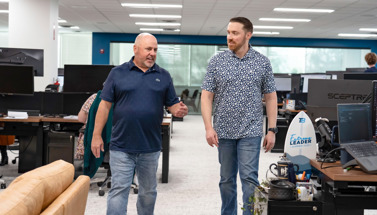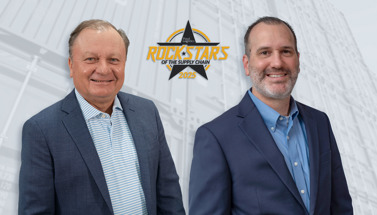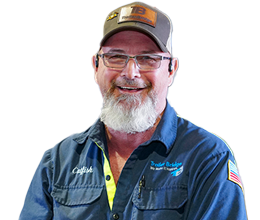What has happened, though, is that some have attempted to automate what was never meant to be machine-driven: the relationship between the customer and their shipper. The interaction between a freight customer and the person who understands the intricacies of their business cannot be automated. A freight transaction is far more nuanced and complex than, “Pick me up here at 8:15pm and drop me at the movies.”
In the current business environment, companies that deliver cost savings by sacrificing the human element in logistics should be thriving. Many shipping & receiving companies have been forced to close during the pandemic, but trucking companies stayed open. With fewer shippers and the same number of trucks on the road, prices have come down over the last six weeks. These conditions should be the best thing going for companies with a less interactive model, that requires less haggling and relationship management.
What we are seeing though is that the need for smart, creative people who are passionate about their work—about helping other people solve the very real challenges of moving all manner of goods from A to B—has never been greater. The sheer magnitude of this international emergency has demanded all-hands-on-deck to keep the supply of critical healthcare supplies, groceries, fuel, and other commodities moving. This has been a very humanizing crisis; millions have been affected and you would be hard-pressed to find a corner of the world that hasn’t felt the impact.
It has required every ounce of creativity, critical thinking and caring we’ve collectively been able to throw at it. Jacob Wegrzyn, my colleague and VP for the Caribbean here at Trailer Bridge put it best recently when he said, “Seeing the goods we have brought to Puerto Rico in supermarkets, hardware and department stores, car dealers, and manufacturing plants makes me extremely proud.”
We need people who care about outcomes, who are accountable to their customers, involved every step of the way.
Shipping is fraught with constraints and each one you add to an algorithm makes it less effective. When something doesn’t go right (as we know happens frequently in this industry), the people get lost in the shuffle. There is no industry expert who is already up to speed on the situation just a phone call away, ready to jump in with alternatives. The solution hasn’t been designed by a professional who factored their knowledge, relationships, and experience into the equation, who is ready to pivot quickly and move to Plan B if the situation requires.






